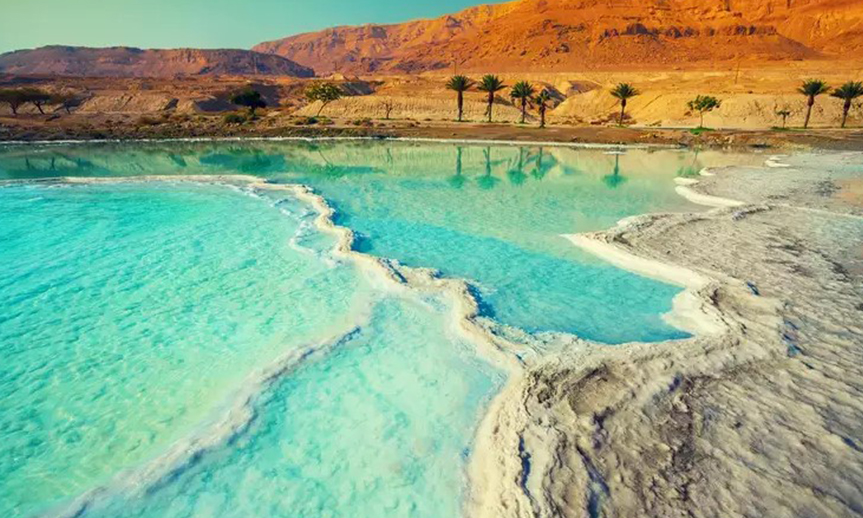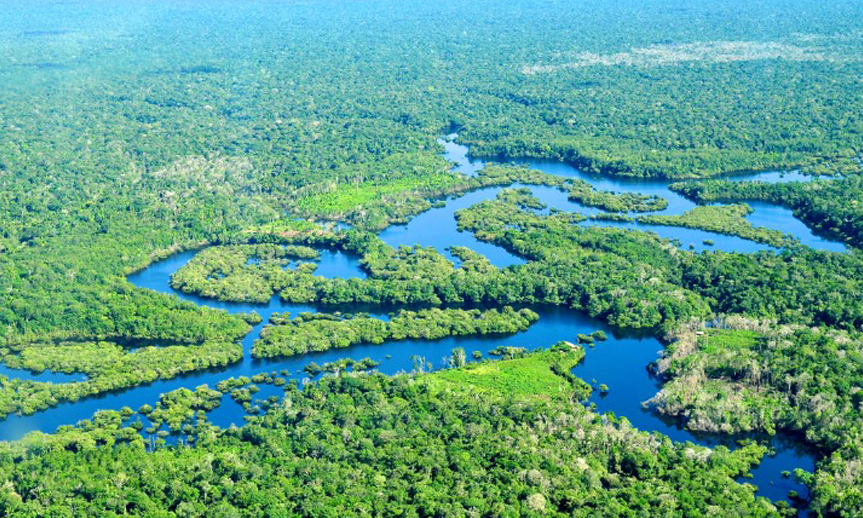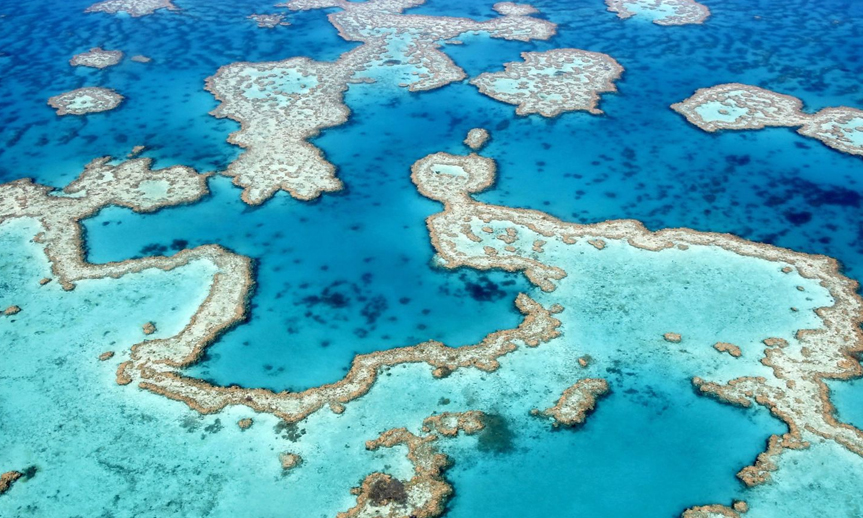Geography
What is geography?
- Geography is the study of the Earth's landscapes, environments, and the relationships between people and their surroundings. It encompasses the physical features of the Earth, such as landforms, climates, and ecosystems, as well as the human activities that shape and are shaped by these features, including culture, economics, and politics.
- Geographers examine patterns and processes across space and time, seeking to understand the interconnectedness of the natural and human worlds. They use a variety of tools and techniques, including mapping, remote sensing, Geographic Information Systems (GIS), and fieldwork, to explore and analyze geographical phenomena.
- Geography is a multidisciplinary field that integrates knowledge from the natural sciences, social sciences, and humanities to provide insights into the complex dynamics of the Earth and its inhabitants.
What do we do when we study geography?
- When studying geography, individuals engage in a wide range of activities aimed at understanding the Earth's physical features, human societies, and the interactions between them. Here are some key aspects of what we do when studying geography:
1. Physical Geography:
- Physical geography is about studying the natural features of the Earth. It focuses on things like mountains, rivers, climate, soil, and plants. Basically, it's all about the Earth's physical environment and how it works. For example, physical geographers might study how mountains are formed or how rainfall patterns affect different regions.

2. Human Geography:
- Human geography is about studying how people interact with their environment. It's interested in things like population, culture, cities, and how humans change the landscape. For example, human geographers might study how cities grow and develop, or how different cultures use the land in various ways.

In simple terms, physical geography looks at nature, while human geography looks at people and how they live in and shape their surroundings.
Geography - Origin and Meaning

- The word "geography" originates from the Greek words "geo" meaning "Earth" and "graphia" meaning "to describe."
- It refers to the study and description of the Earth's physical features, environments, and human societies.
- Ancient Greek scholars like Eratosthenes and Strabo laid the groundwork for geography as a systematic discipline.
- Today, geography encompasses various sub-disciplines and plays a crucial role in understanding our world and addressing contemporary challenges.
The first Geographer
- The Greek scientist Eratosthenes (276–194 BC) is credited as the first person to use the term 'geography' and is often referred to as the 'Father of Geography'.
- He was a polymath, excelling in mathematics, astronomy, and poetry. Eratosthenes calculated the circumference of the Earth with remarkable accuracy, despite limited knowledge of distant lands like the Americas or routes to India during his time.
- Additionally, he made precise calculations regarding the tilt of the Earth's axis. Eratosthenes's contributions laid the groundwork for the systematic study of geography as a scientific discipline.
Geography Facts

Mount Everest, located in the Himalayas, is the highest mountain on Earth, reaching an elevation of 8,848.86 meters (29,031.7 feet) above sea level.

The Dead Sea, bordered by Jordan to the east and Israel and Palestine to the west, is the lowest point on Earth's land surface, lying about 430 meters (1,412 feet) below sea level.

The Amazon Rainforest in South America is the largest tropical rainforest in the world, covering approximately 5.5 million square kilometers (2.1 million square miles) and spanning nine countries.

Lake Baikal in Siberia, Russia, is the world's deepest and oldest freshwater lake, reaching depths of over 1,600 meters (5,249 feet) and estimated to be around 25 million years old.

The Great Barrier Reef off the coast of Queensland, Australia, is the largest coral reef system in the world, stretching over 2,300 kilometers (1,400 miles) and comprising thousands of individual reefs and islands.












